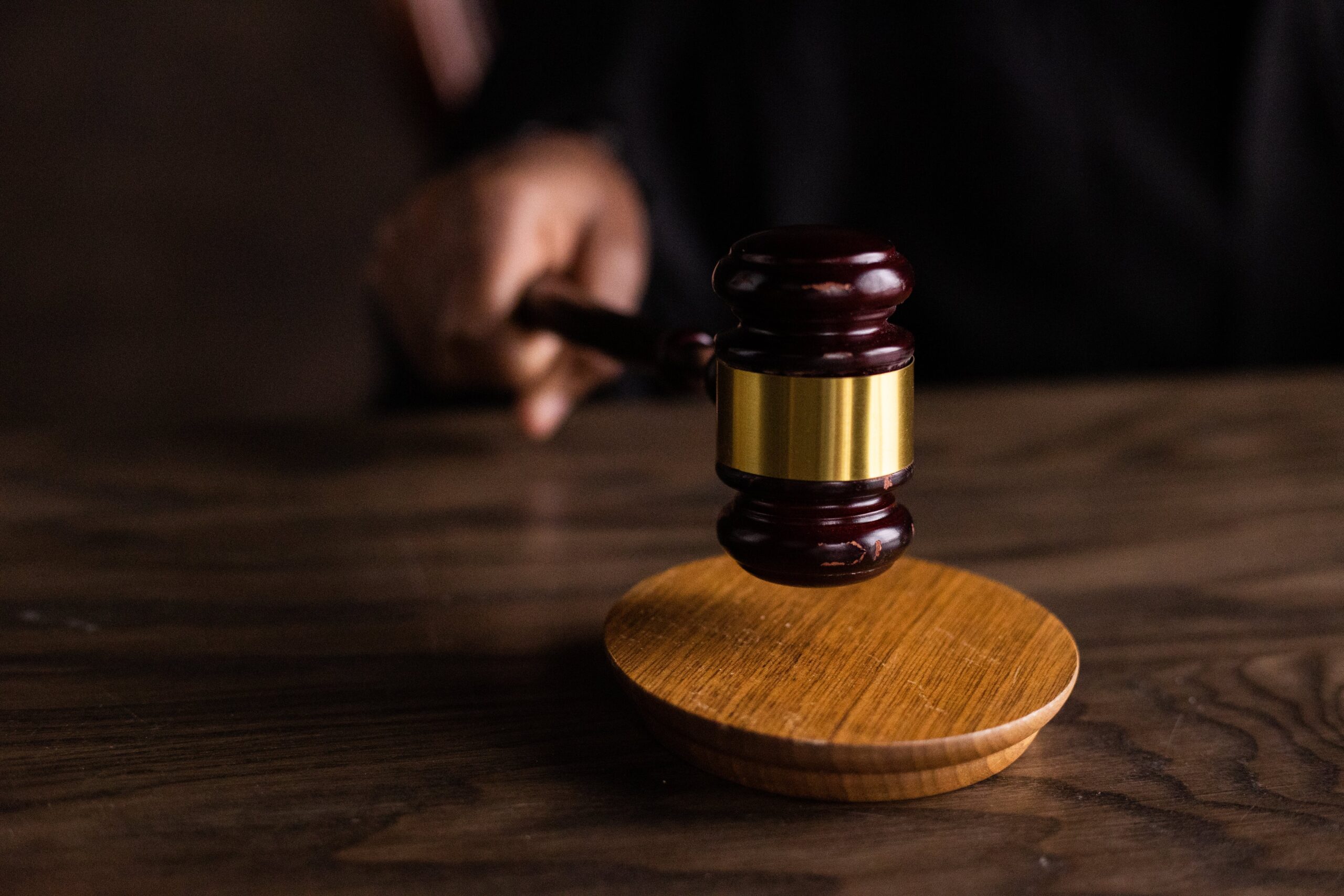Hotels and restaurants are a significant part of the United States hospitality industry. Hotels and restaurants mainly provide facilities to visitors or guests to sleep, food, drink and entertainment.
The entire industry is committed to providing the same quality products and services.
But to make this process more efficient, the hotel or restaurant that offers the service and the guest who receives the service are encouraged to act under rules and regulations.
Through that, high-quality services and products are expected, as well as the security of hotels, restaurants, and guests. This article will provide an initial focus and explanation of the legal status and complexities of hotels or restaurants in the United States.
Regulatory Framework
US hotel and restaurant laws are multifaceted. It does so following state law, federal law and local levels. It appears that Nitin has settled on several points that focus primarily on federal law. If they are,
- Occupational Safety and Health Act (OSHA)
- Americans with Disabilities Act (ADA)
- Fair Labor Standards Act (FLSA)
State and local regulations focus primarily on licensing, zoning ordinances, health codes, and alcohol service. The United States has introduced these regulations to ensure high service, quality and safety.
Employment Laws.
Hotels and restaurants utilize high labour resources to provide customers with high-quality services and products.
Here, labour law plays a significant role in establishing the relationship between employers and employees and protecting and describing the interests of both parties.
The FLSA clearly describes the minimum wage that must be paid to hotel and restaurant employees and explains more about overtime pay and eligibility for it.
Likewise, a clear description of child labour standards and its legal and regulatory framework is presented. Failure to pay the employee for the correct hours is a legal offence and may subject the organization to financial penalties. The reputation of the institution can also be severely affected by that.
Accommodating Guests with Disabilities
This means providing a legal framework detailing the provision of the same services to people with special needs as other guests.
For that, the employees working in their hotels and restaurants should be properly trained within the relevant legal framework and ensure they can provide a transparent service.
In the same way, it should be guaranteed that the buildings and other facilities are well suited to the people who have the requirements mentioned above.
If it is impossible to provide the facilities mentioned above and services to people with special needs, according to the law, fines can go to civil lawsuits.
Alcohol Licensing and Service
Hotels and restaurants in the United States are subject to strict regulations on alcoholic beverages and their sale, advertising, and service. Laws and regulations vary by state and territory regarding licensing, enforcement, suspension, etc.
Some state and territory jurisdictions operate under local jurisdiction. When selling alcohol, people of the right age, quality of alcohol, and not selling prohibited drugs should be given primary attention. Violating the correct regulations can result in fines, suspension of licences, etc.
Health and Safety Standards
Hotels and restaurants and the person who provides the service to the product offered to the customer are subject to health and safety standardization.
Mainly Focuses on issues such as food safety, sanitation, and hygiene. Apart from this, issues such as chemical exposure and emergency preparedness are also addressed.
From the inspections done by the health department, it can be emphasized whether the standardization is being carried out correctly or not. Violation of the correct regulations leads to fines and various types of proceedings.
